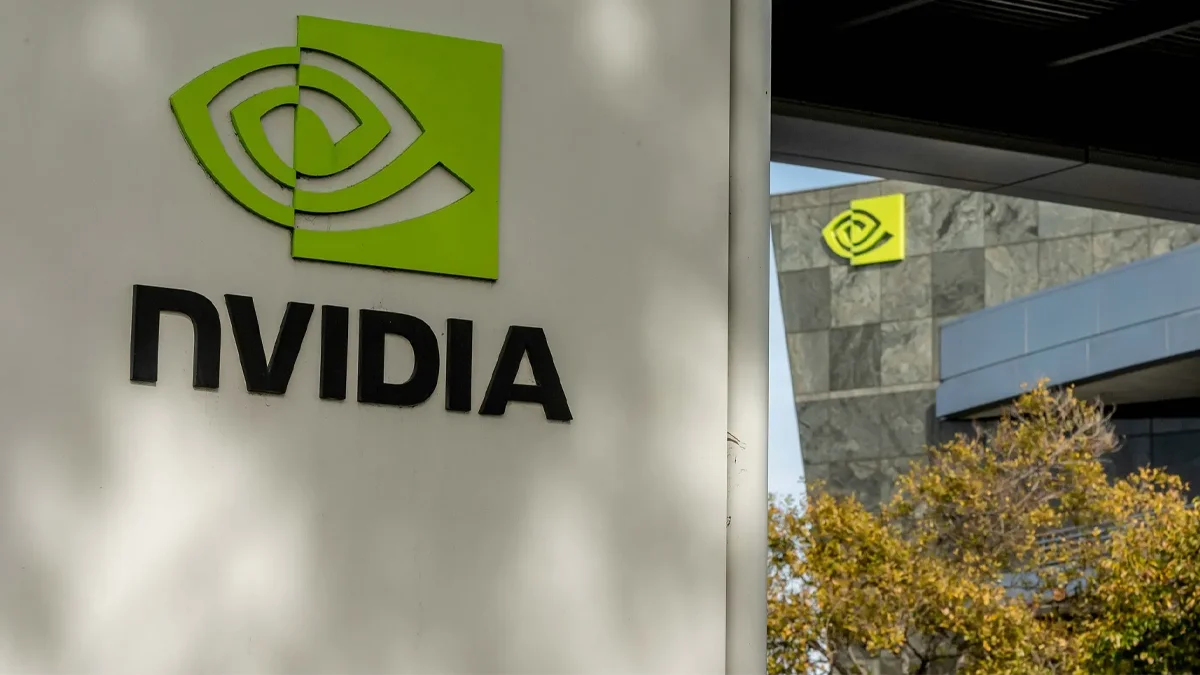Necessary Always Active
Necessary cookies are required to enable the basic features of this site, such as providing secure log-in or adjusting your consent preferences. These cookies do not store any personally identifiable data.
|
||||||
|
||||||
|
||||||
|

AI chip manufacturer, Nvidia has moved to assure investors that its new products will sufficiently maintain its AI-fueled growth after revenue forecasts disappointed investors. According to Yahoo Finance, the giant chip maker took this step even as the rush to deliver Nvidia AI model chips to customers is becoming more costly than anticipated. Nvidia’s reduced revenue forecasts have raised questions over the sustainability of the AI boom.
Nvidia announced a more conservative sales forecast of $37.5 billion for the current quarter from the more optimistic $41 billion Wall Street projections. Average analysts project that quarter four sales could be as low as $37.1 billion.
“The guidance seems to show lower growth, but this may be Nvidia being conservative. Short term, there is no worry about AI demand. Nvidia is doing everything they should be doing,” Forrester Research Inc Analyst, Alvin Nguyen said.
The sales forecast adjustment triggered a reaction from investors who expected Nvidia stocks to gain close to 200% in value this year. Nvidia stocks exchanged at a 4% low in premarket trading on November 21, 2024. Speaking during Nvidia’s earning call for quarter three results, CEO Jensen Huang reiterated sought to restore investor confidence saying that the company’s highly touted Blackwell products will be shipping this quarter amidst high demand.
Huang made these remarks only days after customers raised concerns the Nvidia data center chips are overheating. The engineering and production costs of Blackwell chips will likely weigh on Nvidia’s profit margins.
The chip maker is counting on Nvidia’s new product, Blackwell chips to generate revenue. The AI chips support speedy development of AI models. Wall Street has been monitoring the Blackwell launch closely. Nvidia announced production delays earlier this year citing manufacturing challenges, which delayed rollout of the chips.
“Critical questions around Blackwell’s production ramp and customer concentration remain key concerns. There’s little room for execution missteps in 2025,” Emarketer analyst Jacob Bourne said.
The company warned of supply constraints during the earnings call even as demand for Nvidia’s AI GPU is expected to surpass supply in the coming quarters. Numerous tech companies are eager to develop AI models using Nvidia’s advanced chips. Currently, the world’s biggest company by market capitalization is selling the chips as fast as the Taiwan Semiconductor Manufacturing Company (TSMC), which it contracted to manufacture the chips, can make them.
“Blackwell adds more advanced packaging from TSMC than prior chips, which adds a wrinkle,” Ben Bajarin, CEO at Creative Strategies said.
Bajarin expects Nvidia to attract more demand for the chips than it can supply in 2025.
Nvidia’s production challenges have exacerbated the situation with investors. A design flaw on the Blackwell chip forced it to undertake what it termed as mask change. According to CEO Huang, the flaw reduced the yields for the chip. Although the company did not explain the flaw in detail, advanced chips like Blackwell may take months to manufacture due to the numerous steps involved in the production process.
Most of these steps require shining ultraviolet light through multiple complex masks to reveal chip circuit images on a silicon disc. This process is similar to printing chips. Analysts say the mask change appears to have affected Nvidia’s manufacturing timelines and increased production costs.
“There’s the risk that the bottlenecks worsen rather than improve, and that could damage revenue projections,” Running Point Capital CIO, Michael Schulman said.
Nvidia executives told investors that the company has already shipped 13,000 sample Blackwell chips and expects to meet its initial projections this quarter.
“We’re at the beginning of our production ramp, which always comes with opportunities for yield improvement. We are ramping Blackwell from zero to something extremely large. By definition, the laws of physics would say that there’s a limit to how fast you can ramp,” Huang said.